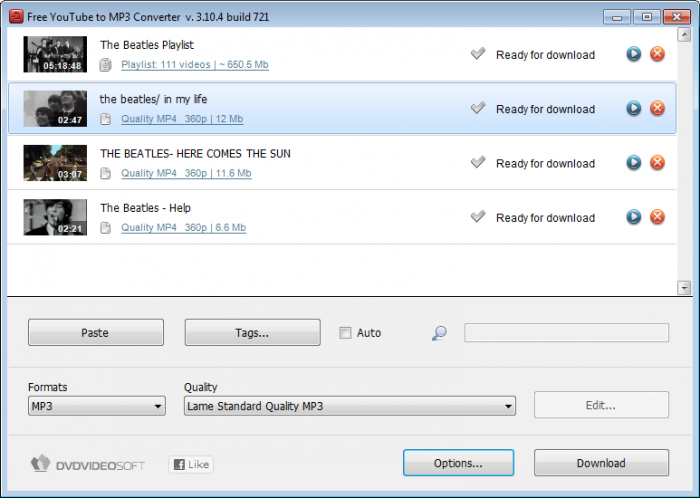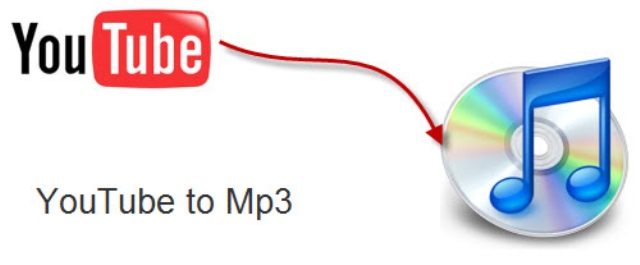In the age of digital media, the convenience of online platforms like YouTube has revolutionized how we consume content. With a vast library of videos ranging from music to educational tutorials, YouTube offers a treasure trove of entertainment and knowledge. However, many users seek ways to convert YouTube videos to MP3 format for offline listening, often resorting to tools like “ytmp3” converters. While this may seem harmless, the legality of using such converters is a complex and contentious issue. In this article, we will delve into the legal aspects surrounding using YouTube to MP3 converters.
Understanding YouTube’s Terms of Service
YouTube, like any other online platform, has a set of terms of service that users are expected to adhere to. These terms typically outline the rules and regulations governing the use of the platform. When it comes to downloading or converting videos from YouTube, the platform’s terms are crystal clear: it is against their policy. YouTube’s terms explicitly state that you are not allowed to download content unless a download button or link is provided by YouTube on the service for that content.

Copyright Infringement Concerns
One of the primary legal concerns surrounding YouTube to MP3 converters is copyright infringement. When you convert a YouTube video to MP3 format, you are essentially creating a copy of the audio portion of the video. This could infringe on the copyright holder’s rights, as they may not have given explicit permission for their content to be downloaded and distributed in this manner.
Copyright laws are designed to protect the intellectual property of content creators, and downloading or distributing copyrighted material without proper authorization can result in legal consequences. In some cases, copyright holders may choose to take legal action against individuals who use YouTube to MP3 converters.
Fair Use and Transformative Works
While copyright laws are essential for protecting the rights of content creators, there are exceptions. Fair use is a legal doctrine that allows the use of copyrighted material under certain circumstances, such as commentary, criticism, news reporting, or education. Whether converting a YouTube video to MP3 falls under fair use depends on the specific circumstances and the content used.
Some argue that transforming a video into an audio format can be considered a “transformative work,” which may be protected under fair use. However, this argument is highly fact-dependent, and it is crucial to consult with legal experts to determine if your specific use case qualifies as fair use.
Legal Alternatives for Music
If you want to listen to music offline legally, alternative options are available. Many music streaming services offer the ability to download songs for offline listening, provided you have a valid subscription. This way, you can enjoy your favorite tracks without violating any copyright laws.

The Potential Risks
Using YouTube to MP3 converters can be risky, as it may result in copyright infringement claims or even legal action. While many users may use these tools without facing any immediate consequences, it is essential to be aware of the potential risks involved. Copyright holders are becoming increasingly vigilant about protecting their content, and you may not always go unnoticed.
In conclusion, while using YouTube to MP3 converters like “ytmp3” may seem like a convenient way to access content for offline listening, it raises several legal concerns, primarily related to copyright infringement. To avoid potential legal issues, exploring legal alternatives for downloading and listening to your favorite music and content is advisable.

